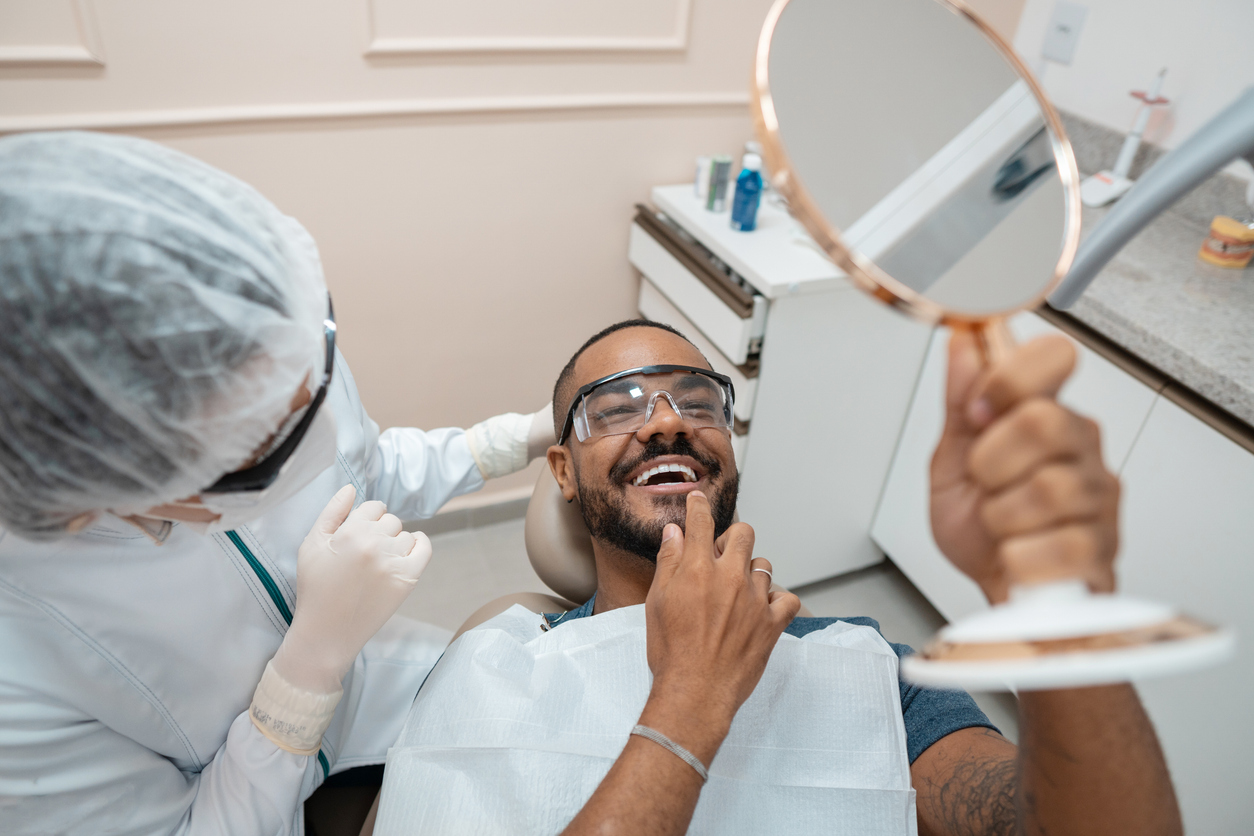
As soon as you find out that you are pregnant, your attention might turn to your ever-expanding waistline and your unfinished extra bedroom. However, pregnancy can affect more than just your pant size and your stress level; it can also affect your teeth.
Pregnancy Can Be Hard On Your Smile
When you are pregnant, your hormonal levels change significantly. Increased levels of progesterone can make it easier for oral bacteria levels to get out of control, as well as exaggerate your body’s natural response to the toxins that those bacteria can produce. This hormone influx creates the perfect storm for inflammation and dental decay, which is why an estimated 40% of all women develop gingivitis or periodontal disease during some part of their pregnancy.
How Periodontal Disease Could Affect Your Pregnancy
Pregnancy-related gingivitis can do more than stink up your breath and exacerbate oral decay. Gingivitis and periodontal disease during pregnancy can also cause:
- Oral Tumors: The extra inflammation that gingivitis can create can sometimes spark tissue growths under the gum line in some pregnant women. These tumors can make it uncomfortable to eat and talk, and they can even bleed or crust over.
- Low Birth Weight Babies: Research has also shown that women with periodontal disease are more prone to delivering low-birth weight babies. A lower birth weight has also been tied to developmental issues such as learning disabilities and delayed motor skills.
- Pre-Term Delivery: Women with gingivitis or periodontal disease are also more likely to deliver their babies prematurely. In fact, mothers with extreme periodontal disease were more likely to deliver as early as 32 weeks; two full months ahead of schedule.
Prevent Dental Problems During Pregnancy
To protect your baby, take your dental health seriously. Schedule a checkup with Dr. Trujillo as soon as you find out that you are expecting. Talk with your doctor if you notice any dental changes, such as red, swollen gums or bad breath. Focus on preventative care such as proper brushing and flossing. Try to address dental health problems early, before they have time to grow into larger problems.
If you have questions about how to care for your teeth during your pregnancy, make an appointment to talk with Dr. Trujillo. We would be more than happy to evaluate your smile, make suggestions, and help you to track your oral health.








